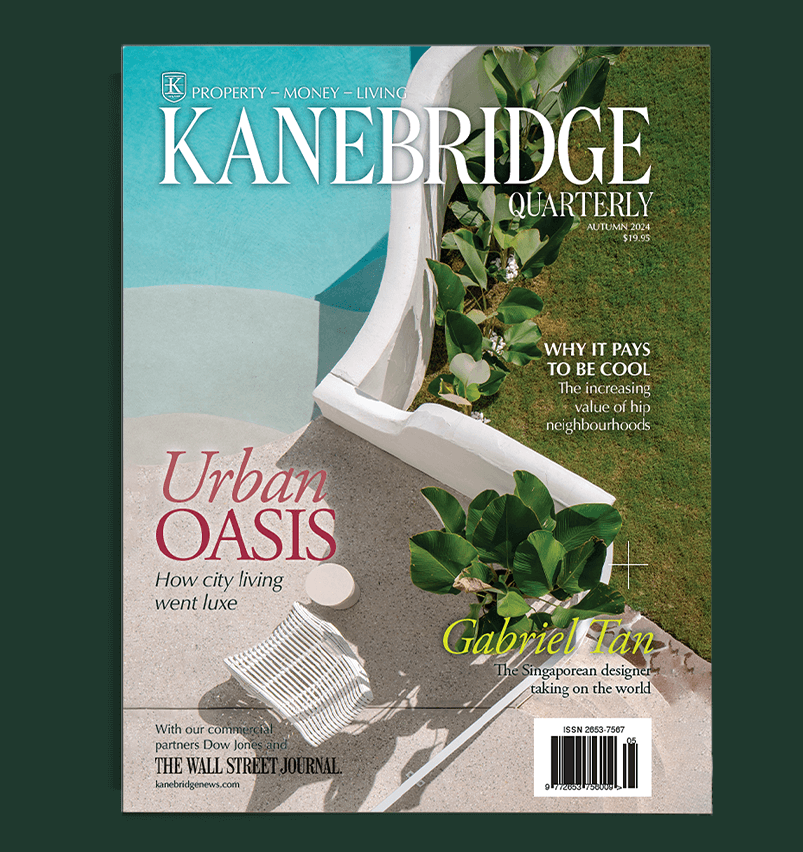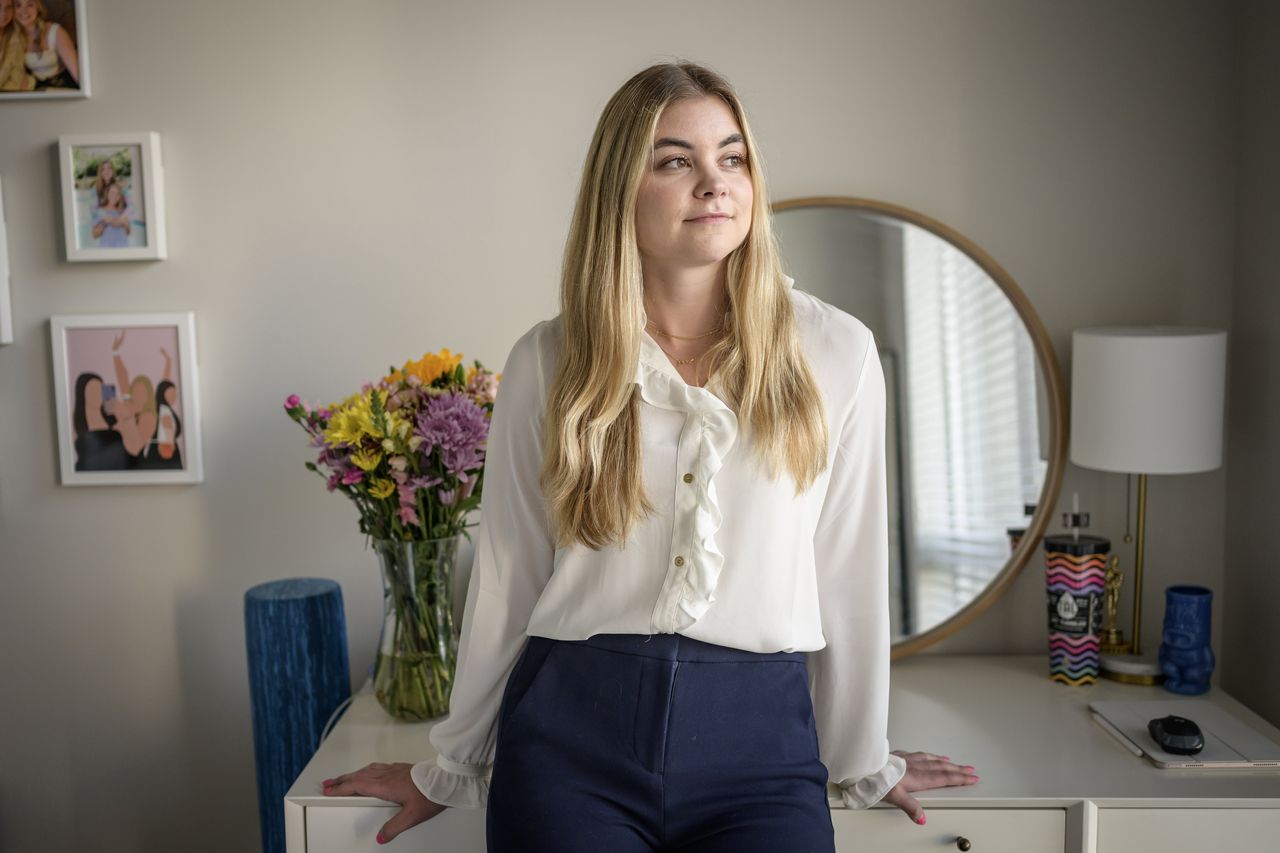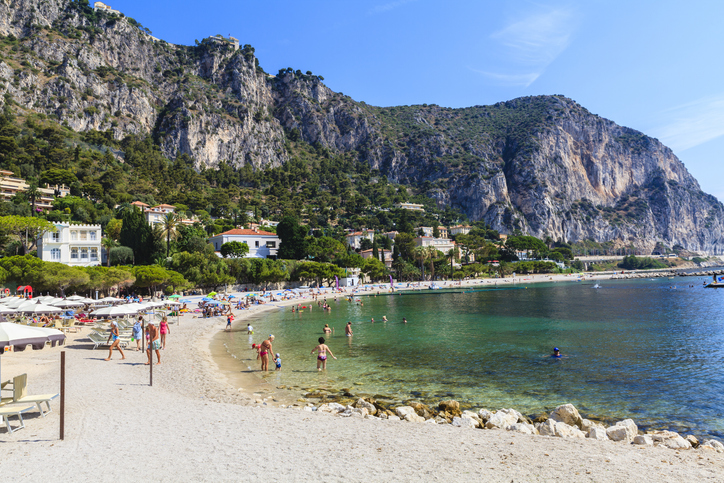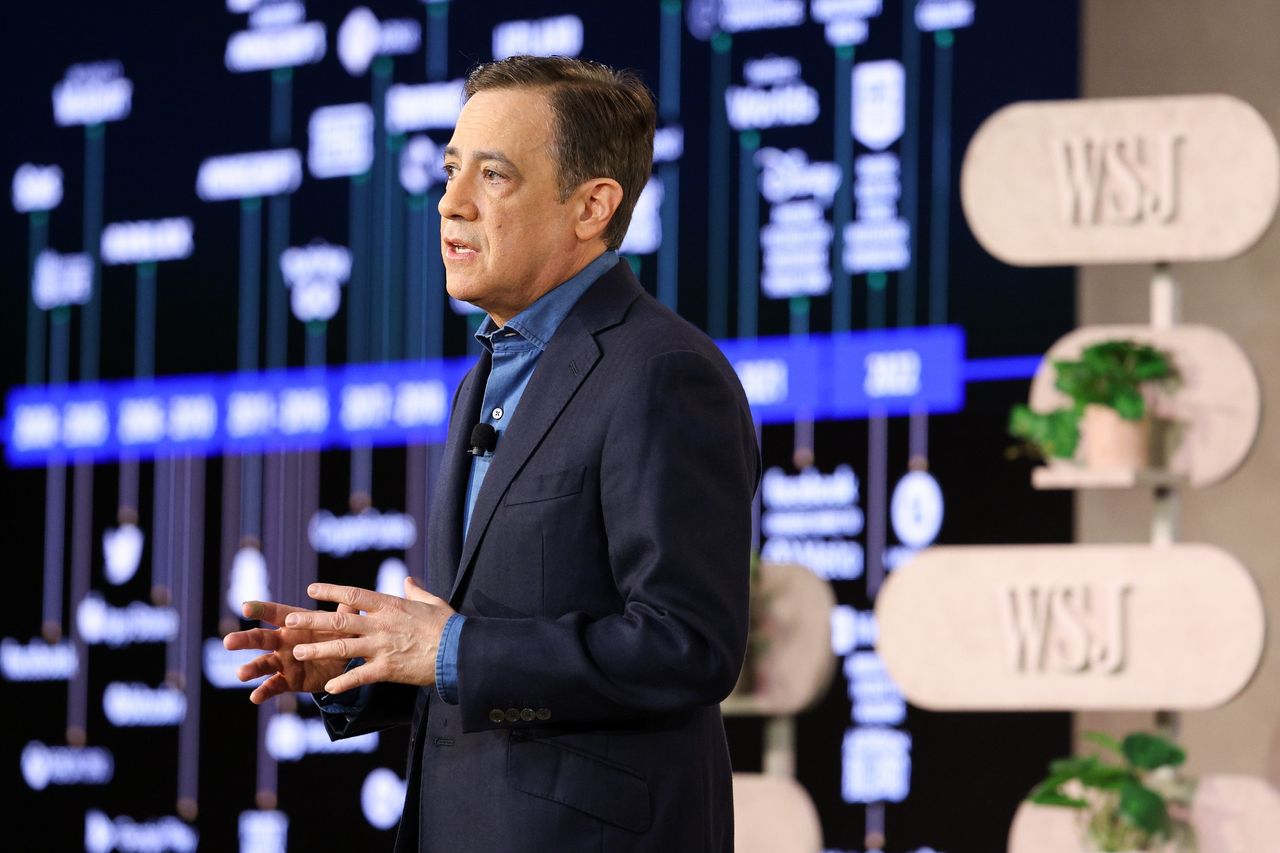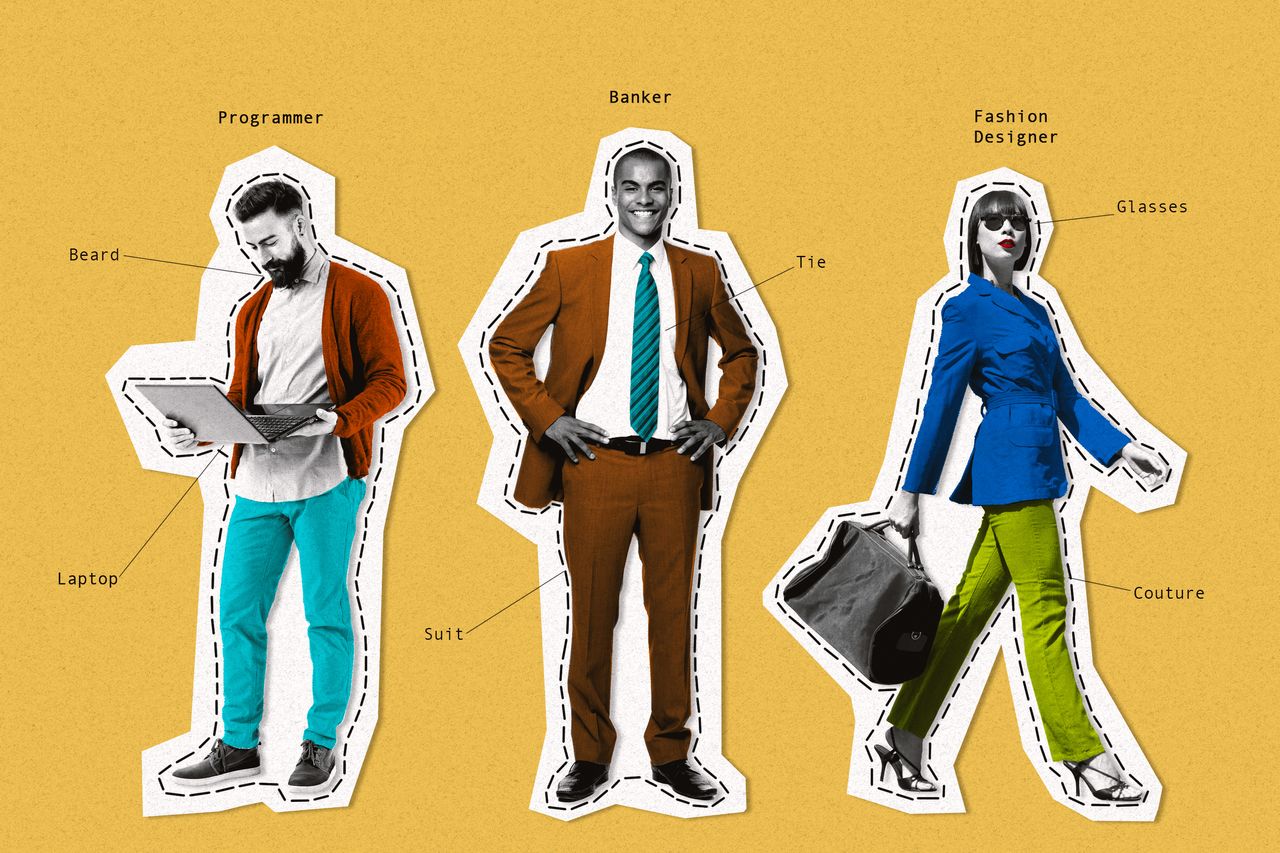Lionel Messi, Cristiano Ronaldo, Rihanna Reach Billionaire Status
The global billionaire population declined 8% year over year in the 12 months to January due to volatile stock markets and a strong U.S. dollar, according to new data.
However, Bernard Arnault of French luxury goods conglomerate LVMH saw his wealth increase 37%, boosting him to the first place on the list. Among the newly minted billionaires are sports and entertainment stars, including Lionel Messi, Cristiano Ronaldo and Rihanna.
There were a total of 3,112 individuals worth more than US$1 billion, 269 fewer from a year ago. The billionaires’ combined wealth also dropped 10% year over year to US$13.7 trillion, according to the Hurun Global Rich List 2023 released Thursday.
Wealth is calculated in U.S. dollar terms based on a snapshot on Jan. 16.
“Interest rate hikes, the appreciation of the U.S. dollar, the popping of a Covid-driven tech bubble and the continued impact of the Russia-Ukraine war have all combined to hurt stock markets,” Hurun Report chairman and chief researcher Rupert Hoogewerf said in a statement.
In the 12 months leading up to January, the U.S dollar appreciated against most major currencies. The British Pound and Japanese Yen were down 11% against the U.S. dollar, the Indian Rupee was down 9%, the Chinese Yuan was down 6% and the Euro was down 5%. For the wealthiest individuals whose assets are allocated outside of the U.S., a strong dollar means their net worth will be smaller in dollar terms.
The Hurun Global Rich List tells the story of the global economy through the stories of the world’s richest individuals. “Who’s up and who’s down highlights the trends in the economy,” Hoogewerf said.
Tech giants suffered the largest loss in the year. Jeff Bezos and his ex-wife MacKenzie Scott were down over US$100 billion in the year; Google founders Larry Page and Sergey Brin were down a combined US$85 billion; and Elon Musk was down US$48 billion. Combined, those five people alone lost US$250 billion.
Luxury brands including LVMH and Hermès made significant gains despite cost-of-living worries, according to Hurun. Arnault, chairman and chief executive of LVMH, became the world’s richest person with an estimated net worth of US$202 billion, a 37% increase from a year earlier. The company’s stock was up more than 30% on the back of record US$15 billion in profits and US$86 billion in sales in the 12 months leading up to January, according to the Hurun report.
Bertrand Puech and family, owner of luxury brand Hermès, ranked third with a net worth of US$134 billion, up 31% from a year ago. The family members agreed not to sell their share of Hermès for at least two decades, in a move designed to fend off a hostile takeover bid from LVMH. The company posted a US$3.6 billion record profit last year.
Musk, 52, dropped to second place with a net worth of US$157 billion, a 23% decrease from a year ago due to a significant decline in Tesla’s value. The electric-car maker lost US$700 billion in value last year, and Musk sold US$23 billion of Tesla stock to fund his acquisition of Twitter last October.
The rest of the top 10 includes, in order, Bezos, investor Warren Buffett, Microsoft founder Bill Gates and ex-CEO Steve Ballmer, Oracle founder Larry Ellison, and Mukesh Ambani, chairman and managing director of Reliance Industries, a India-based petrochemical, retail and telecommunications conglomerate.
China had the most billionaires with 969, followed by the U.S. with 691. “It’s easy to see why the U.S. and China are so important economically. Between them they have over half of the billionaires in the world,” Hoogewerf said.
India came third with 187 billionaires, followed by Germany, with 144, overtaking the U.K., which has 134 billionaires.
The top three cities where billionaires claimed their primary residences are Beijing, New York, and Shanghai, each with more than 100.
The entertainment and sports industries are generating more and more billionaires. Soccer stars Lionel Messi and Cristiano Ronaldo both reached billionaire status for the first time, together with golfer Tiger Woods, the NBA’s LeBron James, boxer Floyd Mayweather, and retired tennis player Roger Federer.
Basketball legend Michael Jordan has remained on the list since 2014.
Additionally, musicians Rihanna and Jay Z made their first billion last year, while Paul McCartney and Broadway composer Andrew Lloyd Webber created their fortune through music licensing.
New Zealand filmmaker Peter Jackson, who directed the Lord of the Rings films, broke through the US$1 billion mark. Comedian Jerry Seinfeld and actor and producer Tyler Perry also joined the billionaire club, according to Hurun.
Other key findings from the report include:
- 1,078 billionaires saw their wealth increase, of which 176 were new faces. 2,479 saw their wealth decrease or stay the same, of which 445 dropped-off;
- Russian retained eighth place in billionaire’s country of origin, with 70, down only two from last year;
- In terms of industry, consumer goods (9.2%) and financial services are the top two sources of billionaires’ wealth;
- 82 billionaires are aged 40 or under, and 56 of them are self made. The youngest self made billionaires are husband and wife team from China, Han Yulong, 38, and Lu Jianxia, 30, owner of Manner coffee;
- 247 are self-made women billionaires; China dominated with 81%.
 Copyright 2020, Dow Jones & Company, Inc. All Rights Reserved Worldwide. LEARN MORE
Copyright 2020, Dow Jones & Company, Inc. All Rights Reserved Worldwide. LEARN MORE
This stylish family home combines a classic palette and finishes with a flexible floorplan
Just 55 minutes from Sydney, make this your creative getaway located in the majestic Hawkesbury region.
A study suggests that when jobs are hard to come by, the best workers are more available—and stay longer
Could a recession be the best time to launch a tech startup?
A recent study suggests that is the case. The authors found that tech startups that began operations during the 2007-09 recession—and received their first patent in that time—tended to last longer than tech startups founded a few years before or after. And those recession-era companies also tended to be more innovative than the rest.
“The effect of macroeconomic trends is not always intuitive,” says Daniel Bias , an assistant professor of finance at Vanderbilt University’s Owen Graduate School of Management, who co-wrote the paper with Alexander Ljungqvist, Stefan Persson Family Chair in Entrepreneurial Finance at the Stockholm School of Economics.
Drawing on data from the U.S. Patent and Trademark Office, the authors examined a sample of 6,946 tech startups that launched and received their first patent approval between 2002 and 2012.
One group—about 5,734 companies—launched and got their patent outside of the 2007-09 recession. Of those, about 70% made it to their seventh year. But the startups that launched and got their first patent during the recession—about 1,212 companies—were 12% more likely to be in business in their seventh year.
These recession-era firms were also more likely to file a novel and influential patent after their first one. (That is, a patent the researchers determined was dissimilar to patents in the same niche that came before it, but similar to ones that came after it.)
So, why did these recession-era firms outperform their peers? Labor markets played a big role.
A widespread lack of available jobs meant that the startups were able to land more productive and innovative employees, especially in their research and development groups, and then hold on to them. More important, the tight labor markets also meant that the founding inventors—the people named on the very first patent—were more likely to stick around rather than try for opportunities elsewhere.
For startups started during the 2007-09 recession, founding inventors were 25 percentage points less likely to leave their company within the first three years. On average, about 43% of founding inventors in the entire sample left their startup within the first three years.
“Our study really highlights the importance of labor retention for young innovative startups. Retaining founding inventors cannot only help them survive, but also thrive,” Bias says.
Just 55 minutes from Sydney, make this your creative getaway located in the majestic Hawkesbury region.
Consumers are going to gravitate toward applications powered by the buzzy new technology, analyst Michael Wolf predicts



